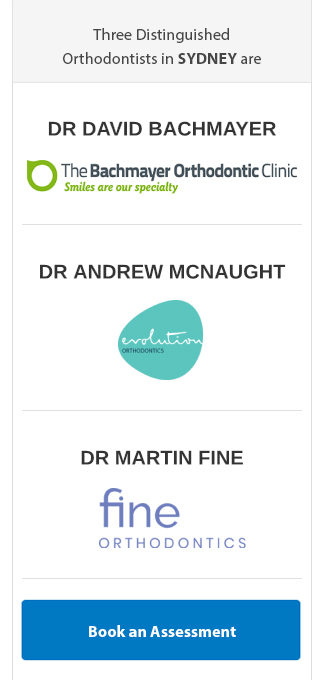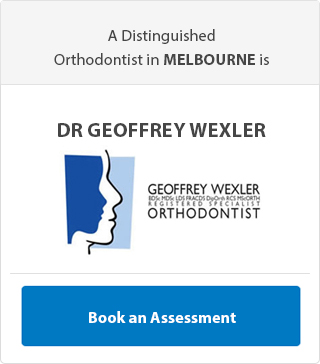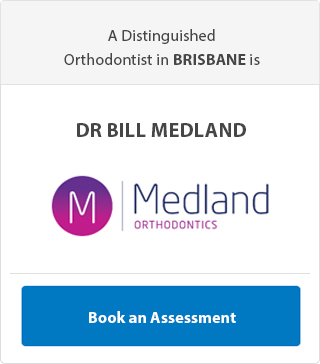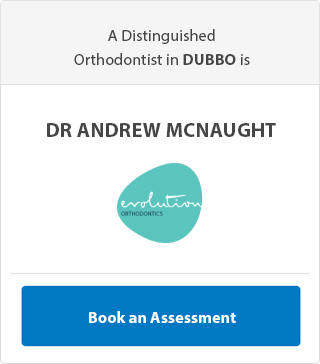The Difference Between A Specialist Orthodontist And General Dentist
Home / The Difference Between A Specialist Orthodontist And General Dentist

Despite both a specialist orthodontist and general dentist helping you have a healthier mouth, the two are different. Depending on your needs, you may need both during your lifetime.
Knowing the differences helps you choose the right one. In most cases, you'll have a general dentist before seeing an orthodontist.
One fun fact is all orthodontists are dentists, but not all dentists are orthodontists.
Role Of A General Dentist
A general dentist is who you'll see to clean your teeth, take care of cavities and other general oral care tasks. Their focus is to keep your mouth and teeth healthier through regular care.
You'll visit your dentist on a regular schedule, typically twice a year. General dentists usually go into practice right out of school, either partnering with other dentists or starting their own practice.
In most cases, they don't have a particular specialty. Instead, they focus on overall oral health. For more complex needs, they'll refer you to a specialist. For alignment issues, you'll be referred to a specialist orthodontist.
Role Of A Specialist Orthodontist
A specialist orthodontist was a dentist before they decided to choose a specialty. This requires additional education and training before they're able to call themselves a specialist.
While some orthodontists still practice general dentistry, most focus solely on their specialty. Instead of general oral care, they treat specific teeth alignment and jaw issues. While some people may seem them as more of a cosmetic specialist, a specialist orthodontist helps correct issues that cause pain, problems eating, issues speaking and tooth decay due to not being able to brush the entire surface of the teeth.
Overall, think of the difference between a general dentist and orthodontist as the difference between a family doctor and a surgeon. While there are some similarities, they serve two completely different purposes when it comes to the care of your mouth.
The Similarities
The confusion often comes into play because on the surface, the two professions seem similar. They both deal with oral care. When you visit each, they'll both have you sit in a chair and they'll examine your mouth.
Another similarity is they both suggest things to help you have a healthier mouth not just now, but for the rest of your life. You'll also need to visit both regularly. However, with a specialist orthodontist, you'll only need to schedule regular appointments for the duration of your treatment plan.
A final similarity is you'll have a better smile once you leave. For instance, a general dentist may whiten your teeth while an orthodontist gradually straightens them.
You can also visit both around the same time. Since you'll still need clean teeth even while wearing braces or another orthodontic treatment, your dentist will still need to deep clean your teeth to prevent any plaque and bacteria from building up and causing cavities.
Different Treatments
To really understand the differences, it's a good idea to take a look at the different types of treatments both offer.
First, let's take a look at what a general dentist offers:
- Cleanings
- Gum disease prevention and treatment
- Root canals
- Filling cavities
- Teeth whitening
- Bridges
- Crowns
- Pulling teeth
- Teeth sensitivity relief
- Discover potential oral problems, such as early alignment or overcrowding issues
When it comes to root canals and pulling teeth, your dentist may refer you to an oral surgeon, which is another dental specialty. This is especially true for pulling teeth and dealing with abscesses. Many general dentists don't have the capability to put you to sleep while doing root canals and pulling teeth. This is another reason for the referral. Oral surgeons are able to put you to sleep so you never feel a thing until you wake up.
When it comes to a specialist orthodontist, there is a completely different set of services:
- Teeth alignment issues
- Underbites
- Overbites
- Overcrowding
For any jaw bone structure problems, you'll be referred to an oral or maxillofacial surgeon. Your orthodontist will work closely with your surgeon to determine the right treatment plan after your surgery is complete.
Which One Do You Need
While everyone should have a dentist, not everyone will need a specialist orthodontist. Everyone needs regular oral care in the form of cleanings and checkups. No matter how great you are at brushing and flossing, your dentist has special tools to remove the plaque that ultimately builds up in hard to reach places. This helps to prevent gum disease and tooth decay. Plus, it leaves your mouth feeling clean and fresh when you leave.
If you only need a cleaning or have to have a cavity filled, a general dentist is always the best option.
If you notice your teeth aren't quite straight or there doesn't seem to be enough room for them all, it's time to schedule a consultation with an orthodontist. In most cases, you'll get a referral from your general dentist. You can also contact an orthodontist directly. They can then request any files necessary from your regular dentist.
Your orthodontist will then examine your mouth, take scans and determine what treatment options are best for you. You may need traditional braces, invisible braces or aligners. You won't know for certain what your treatment options are until you've met with a specialist orthodontist.
One other thing to keep in mind is that both dentists and orthodontists may specialise in specific age groups. For instance, some orthodontists only work with kids and teens, while others only work with adults.
The same is true with dentists. Some specialise in children's dental care. Since kids can be more difficult to work with due to anxiety and fear early on, these specialist dentists are trained in how to work specifically with kids for a more pleasant experience.
It's always a good idea to check with your dentist or orthodontist to ensure what their specialty is when it comes to a patient's age.
Now that you know the differences between a general dentist and specialist orthodontist, it's time to make the right appointments to get a cleaner and healthier mouth today. If you're ready to meet with an orthodontist, contact our office today to schedule a consultation.






